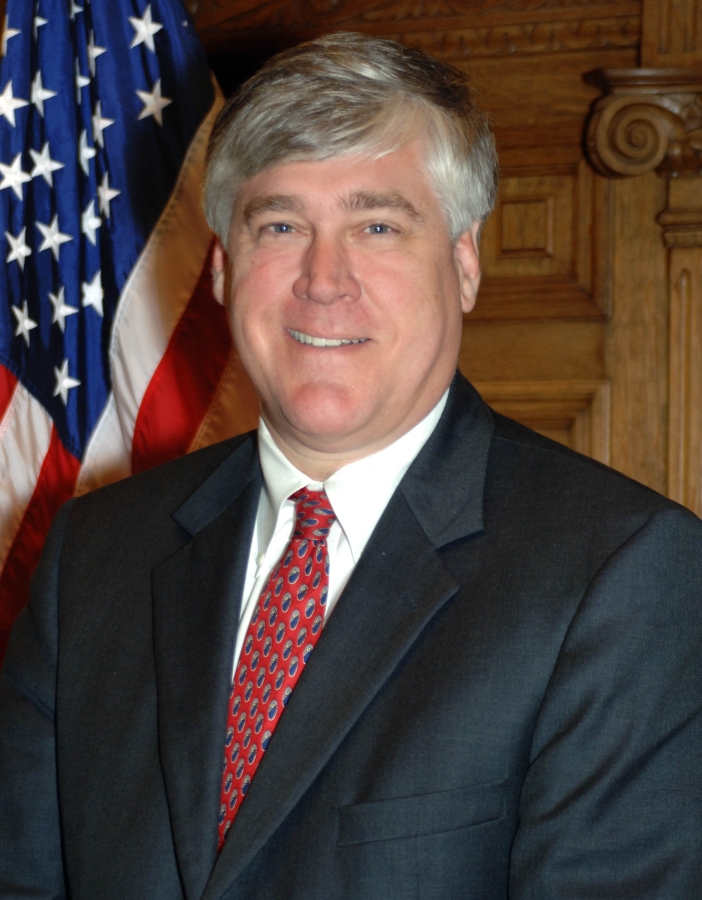
ATLANTA – The General Assembly will get a choice this year whether to legalize gambling in Georgia by statute or constitutional amendment.
Legislation introduced into the state House and Senate this week takes the constitutional amendment approach, which would put the issue to Georgia voters in a statewide referendum.
The Senate version is limited to legalizing sports betting, while the House measure would also allow casinos and pari-mutuel betting on horse racing.
Two bills introduced into the legislature earlier this year would legalize sports betting by statute. Avoiding the constitutional amendment route means they wouldn’t have to gain two-thirds majorities in the House and Senate to pass.
The constitutional amendment path would make better public policy because it would give voters the final say over whether to legalize a form of gambling that goes well beyond the Georgia Lottery, said Sen. Bill Cowsert, R-Athens, chief sponsor of Senate Resolution 140.
“If we’re going to make that big a cultural change in Georgia, let the people decide that,” said Cowsert, chairman of the Senate Regulated Industries Committee, which will take up the amendment next week.
Cowsert reminded members of the committee during a brief presentation of his legislation Thursday that the Senate mustered enough votes two years ago to pass a constitutional amendment on sports betting. The measure easily cleared the Senate 41-10 but died in the state House of Representatives.
“It is politically possible to do so,” Cowsert said. “I am not putting this up as a roadblock.”
The Senate constitutional amendment, if ratified by voters, would authorize online sports betting in Georgia. Twenty to 25% of the revenue raised through sports betting would go to the state for a variety of purposes.
Half of that money would go to need-based scholarships. Georgia’s HOPE Scholarships program began in the 1990s as need-based but was soon converted to a merit-based program.
“This will allow poorer Georgians to get an advanced education and become more productive,” Cowsert said.
The legislation would set aside 25% of the revenue for health care, mental health care, economic development, and initiatives to reduce poverty in low-income areas. Fifteen percent would be dedicated to public health programs, including the prevention and treatment of problem gambling.
The final 5% would be used to solicit, promote, sponsor, and host major sporting events in Georgia, including college football playoffs, the Olympics, and the NCAA Final Four basketball tournament.
Cowsert said his committee will hold a hearing on the legislation next Thursday.
Meanwhile, a House committee Thursday began airing one of the two bills aimed at legalizing sports betting by statute.
State Rep. Marcus Wiedower, R-Watkinsville, chief sponsor of House Bill 380, told the House Higher Education Committee the scope of the bill has been significantly reduced since it was first introduced. A proposal to allow in-person betting on sports at retail kiosks has been scrapped, and the bill now is limited to online sports betting, he said.
The House bill would require companies awarded sports betting licenses to pay 15% of their adjusted gross incomes to the state. Unlike Cowsert’s Senate legislation, the revenue would go strictly to the HOPE Scholarships and pre-kindergarten programs, the same beneficiaries of the lottery.
After a hearing on the bill Thursday, the measure was transferred from the Higher Education panel to the House Regulated Industries Committee, which likely will take it up next week.
This story is available through a news partnership with Capitol Beat News Service, a project of the Georgia Press Educational Foundation.
